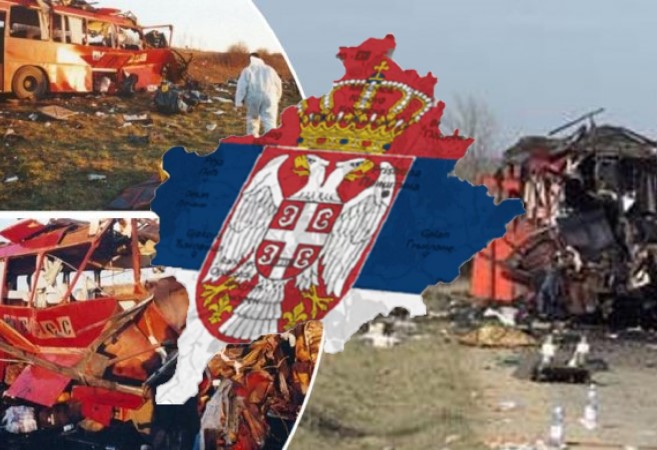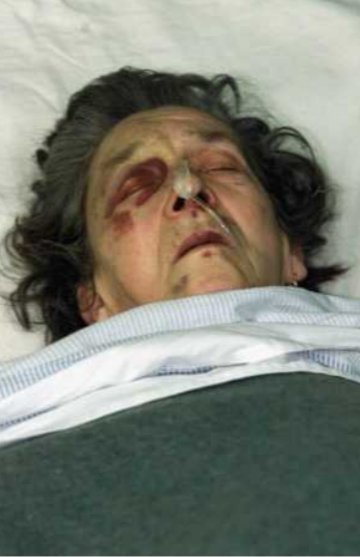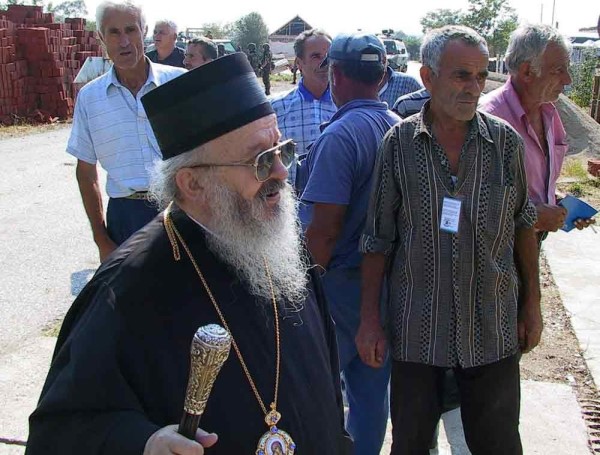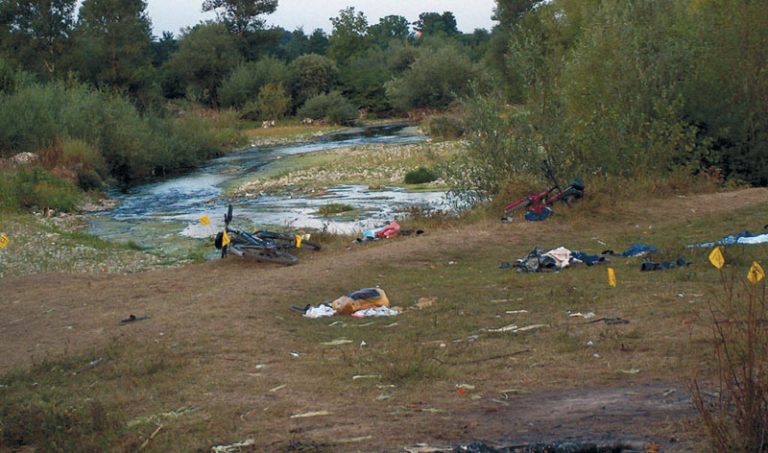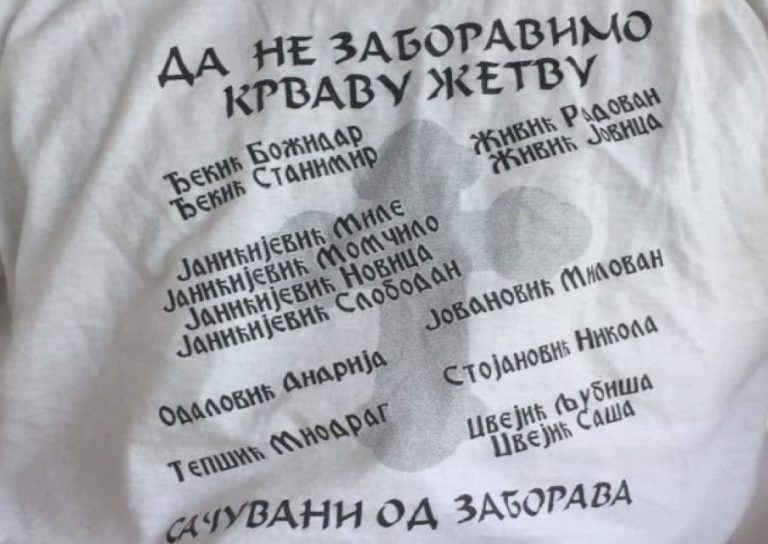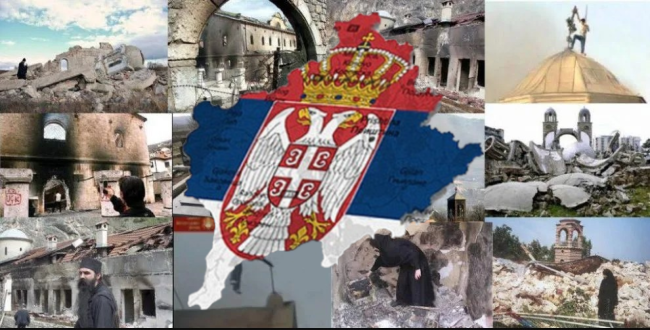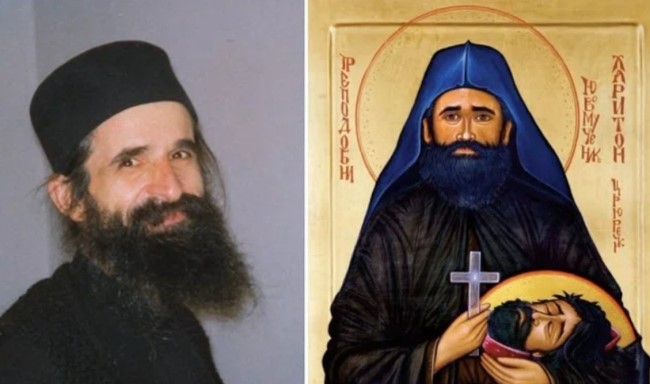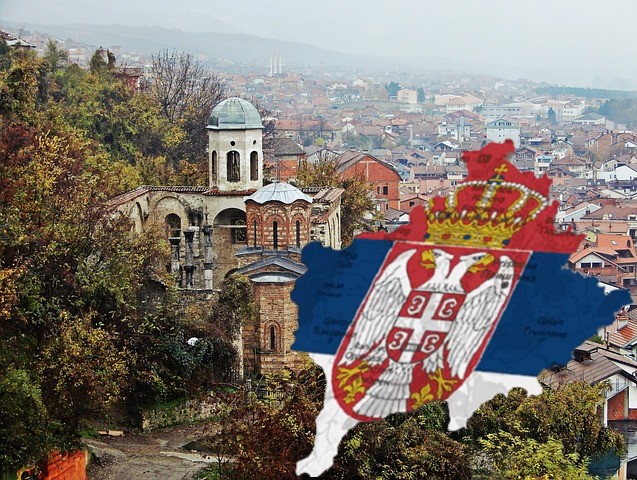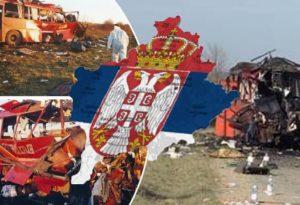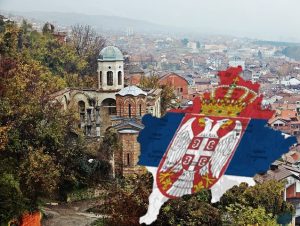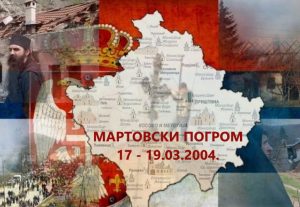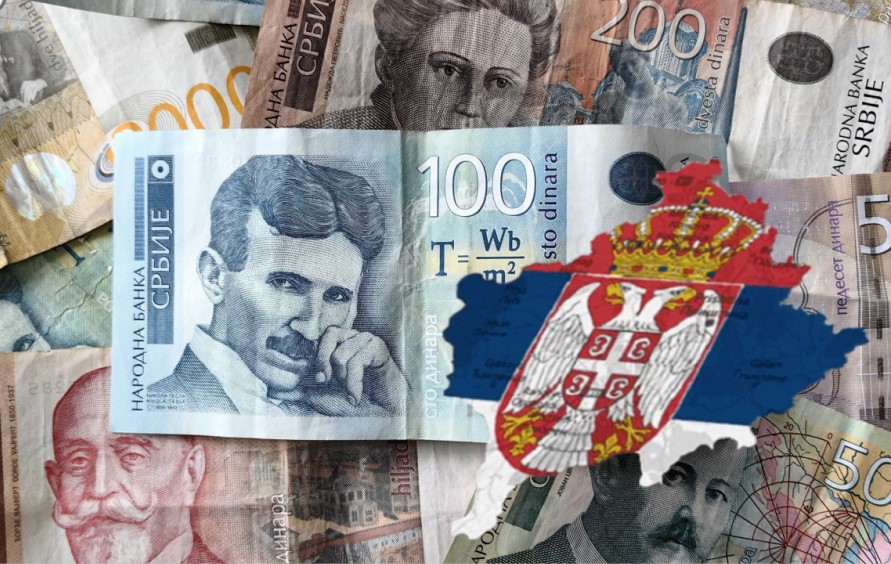
Dinar in Kosovo and Metohija, its use in Kosovo and Metohija and currencies in circulation since September 2, 1999. ie 04.10.1999. years
The decree (1999/4) signed by the Special Representative of the UN Secretary-General to Kosovo (Bernard Kushner) on September 2, 1999. which entered into force on 04.10.1999. administrative instructions concerning the currency, budget, and accounts of public institutions are regulated.
Accordingly, point 2.1 of this Regulation states that UNMIK has defined the German mark as the currency for mandatory payments.
Article 4.2 of this Regulation stipulates that the administrative fee for a person who wants to make mandatory payments in dinars is 10% of the estimated mandatory payment.
This article also mandates that Article 49 of the Law on the National Bank of Yugoslavia (Articles 8-10) of the Decree on the New Dinar, Official Gazette of the FRY no. 6/94, 12/94 and 57/94 and any other restriction or restriction on the use of foreign currency as money, either account or payment according to the laws that were in force on the territory of the Republic of Kosovo before 03/24/1999, if it is in conflict with the 1999 Regulation /4.
The administrative fee and mandatory payments, if they were covered in dinars in addition to the above 10% of the total amount, were calculated according to the last reference exchange rate determined by UNMIK.
The introduction of the euro as a currency in the Republic of Kosovo started on January 1, 2002. and its complete implementation and replacement of the German mark with the euro was completed on February 28. same years.
In December 2004, 7 banks distributed in 247 branches participated in the payment transaction in the Republic of Kosovo.
In all banks south of the Ibar, foreign currencies such as the US dollar and Swiss francs could be found, but not the dinar, which functioned quite normally in the enclaves and in the north of Kosovo through the existing banks, postal services and exchange offices that functioned properly in all the enclaves and on north.
All salaries and pensions that were paid through the institutions of Serbia to Kosovo and Metohija were paid in dinars and all purchases of goods and services in the enclaves could be made in dinars.
After this Regulation, there is not a single document of any administrative mission (UNMIK or EULEX) that mandates the absolute abolition of the dinar, so it can be concluded that the Kosovo* side unilaterally implements the decisions of the unilaterally declared quasi-state and quasi-government with the so-called prime minister!


